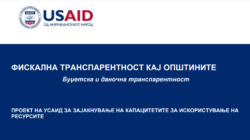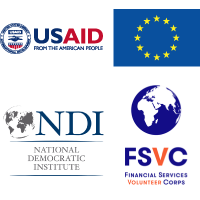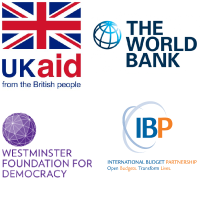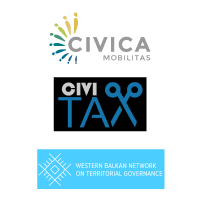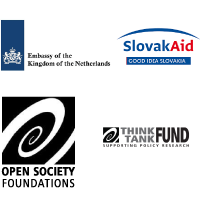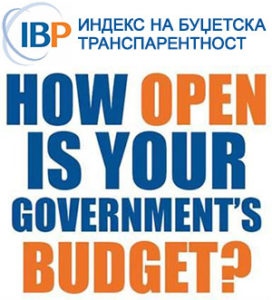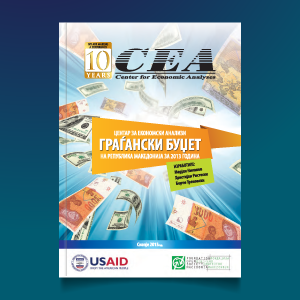- In accordance with the regional overview of respondents by type of LSGU (urban/rural), 42% of surveyed CSOs are registered in urban LSGUs and they are from the Skopje region.
- CSOs located in the rural LSGU which act on a local level, have a small human capacity, a small budget and are poorly networked. Hence, we can conclude that the low turnout of organizations registered in rural LSGUs is a consequence of the limited opportunities for networking, poor information and lack of motivation for active work due to the high concentration of donors in the Skopje region.
- According to the geographical scope of the activities of CSOs, most of the CSOs or 42% act on the national level, and the smallest part or 8% act exclusively in the municipality in which they are registered.
- The number of CSOs that do not have available funds or whose budget is 0, in 2015 compared to 2014, is decreasing.
- Most of the CSOs have low incomes and their budget is up to 1 million denars per year.
- In 2015 and 2016, the number of CSOs with low incomes is reduced, but at the same time the number of CSOs with high incomes is decreasing, which indicates that the incomes of CSOs are distributed in the categories from 1 million to 10 million denars, i.e. the gap between organizations with low incomes and those with high incomes has been reduced.
- If we look at the sources of funds that appear in the annual accounts of CSOs, it can be determined that the foreign donor funds has highest share in the annual accounts of CSOs (over 80%). Namely, the share of foreign donors in total CSO incomes in the period from 2014 to 2016 is increasing.
- Funds from central and local governments take the smallest share in annual accounts of CSOs, and they are reduced in 2015 compared to the previous year, while in 2016 the share is unchanged.
- The percentage share of funds from self-financing activities is also unchanged over the years and amounts to 7%.
Please find the analysis on the following link: What is the purpose of civil society organization funds in Republic of Macedonia?
This publication was made possible with the support of CIVICA MOBILITAS within the project “Fiscal Decentralization for a Better Regional Development of the Civil Society” implemented by the Center for Economic Analyses.
The content of this publication is the sole responsibility of the Center for Economic Analyses and can in no way be considered to reflect the views of CIVICA MOBILITAS, the Swiss Agency for Development and Cooperation (SDC) or the organizations that implement it.
Other authors are required to cite this research if they have used or been informed by this research and publication.

